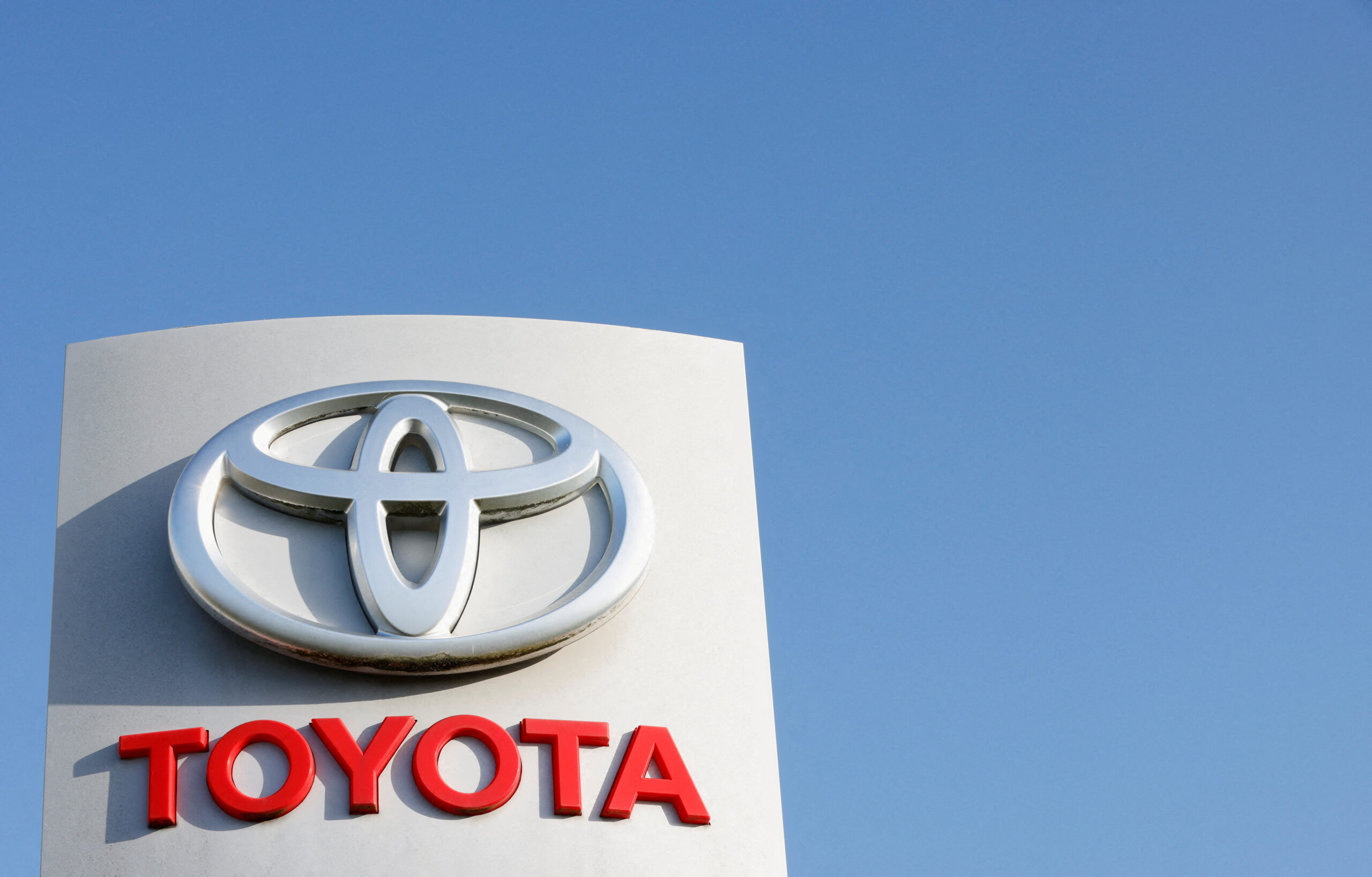
- Stocks
Toyota bets on hybrid models
Do you want to know how to make money from this?
Register for free and get expert advice, access to a training course and webinars.
Key points:
- Toyota is aiming to gradually phase out traditional gasoline engines in favor of more environmentally friendly solutions.
- The Japanese manufacturer has managed to significantly reduce the cost of producing hybrid cars.
- The company plans to electrify a significant part of its model range by 2030.
Toyota, despite the relatively slow pace of development of all-electric vehicles, may be the first automaker to abandon traditional gasoline engines. The company’s focus on hybrid technology represents a departure from the industry consensus that the transition to an all-electric fleet is inevitable, which is supported by many major players and regulators.
Toyota’s plans
Speaking in January, Toyota CEO Akio Toyoda expressed doubt that electric vehicles will capture a significant share of the global market, limiting his forecast to 30%. Instead, the company proposes a strategy based on a variety of technologies, including electric vehicles, hybrids, hydrogen cars, clean fuels and other promising solutions.
Toyota plans to regularly revise its estimates as new models are introduced. In particular, the popular RAV4 crossover, which leads sales in the U.S., is expected to be redesigned in 2026, with hybrid versions remaining popular.
The company has already stopped producing gasoline versions of the Camry sedan, previously the leader in sales in the U.S., as well as the Land Cruiser SUV and Sienna minivan, which are now available only with hybrid powertrains.
What is the advantage of Toyota hybrid cars?
Toyota’s hybrid strategy allows the company to strengthen its position in the market, especially as consumer interest in fully electric vehicles declines due to their high price and limited charging infrastructure. Toyota’s hybrid models are flexible, allowing the use of either a gasoline or electric motor, or a combination of both. Toyota’s plug-in hybrids, which can be charged from an external outlet, provide significant electric range, making them attractive to consumers who prefer electric vehicles.
Of the 31 Toyota and Lexus models available in North America (excluding three models with alternative powertrains), eight are already hybrids. The hybrid strategy also allows the company to meet increasingly stringent environmental requirements for automakers.
In parallel with the development of hybrid technology, Toyota plans to electrify a significant portion of its model lineup by 2030, focusing on creating fully electric versions of its most popular models.
Reducing costs in production
Toyota’s long-standing focus on improving hybrid technology, aimed at reducing its cost and increasing its efficiency, has led to a significant increase in the popularity of such models. Due to a significant reduction in the price difference between hybrid and gasoline cars, which is now less than $ 2,000 for most Toyota models, hybridization is becoming increasingly attractive for both the manufacturer and the consumer.
In addition, modern hybrid power plants are not inferior in dynamic characteristics to traditional gasoline engines, which was previously one of the main restraining factors for the mass introduction of hybrid technologies.
Thus, Toyota has successfully overcome two key barriers that prevented the widespread adoption of hybrid cars: high cost and insufficient dynamics. As a result, the share of hybrids in the US market has grown from less than 3% in 2019 to 11.3% now, demonstrating a steady upward trend.
Do you want to know
How to make money from the news
Register for free and get:
- Expert consultation;
- Access to the training course;
- Opportunity to participate in webinars

